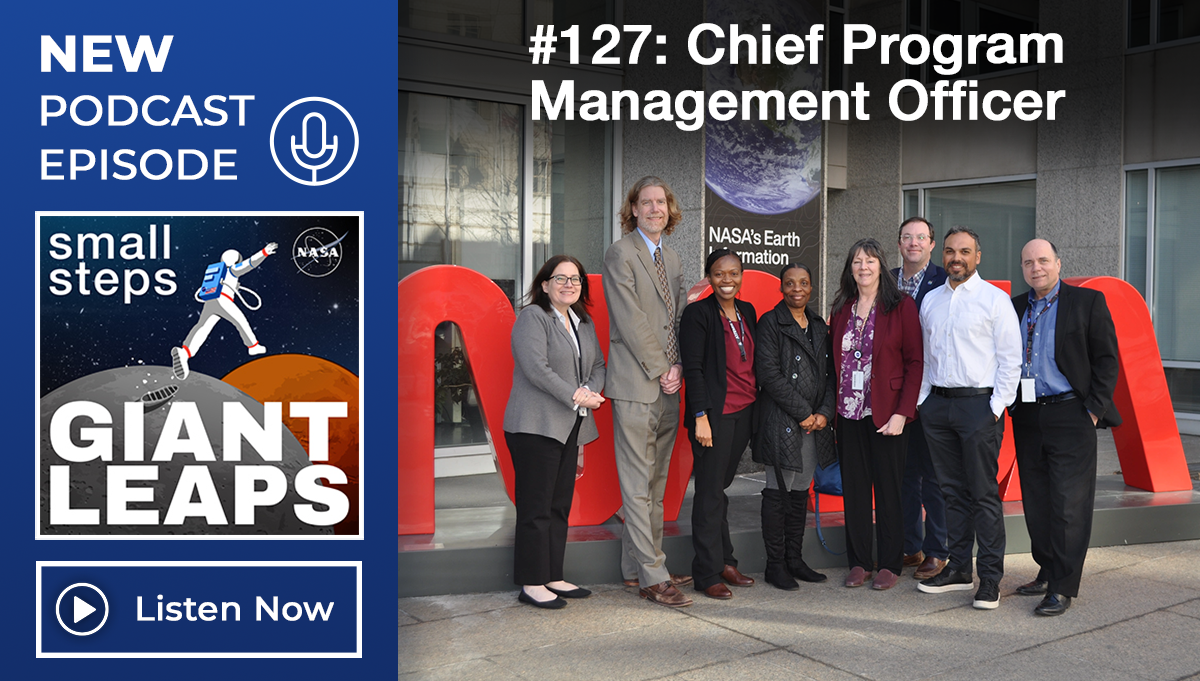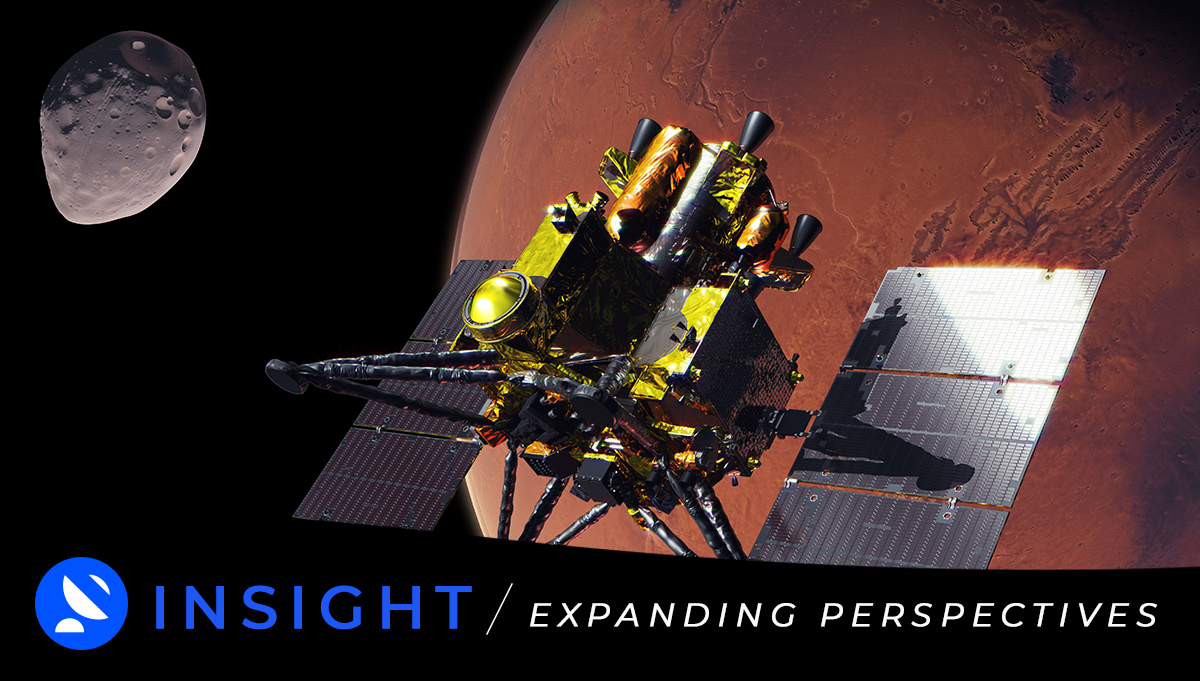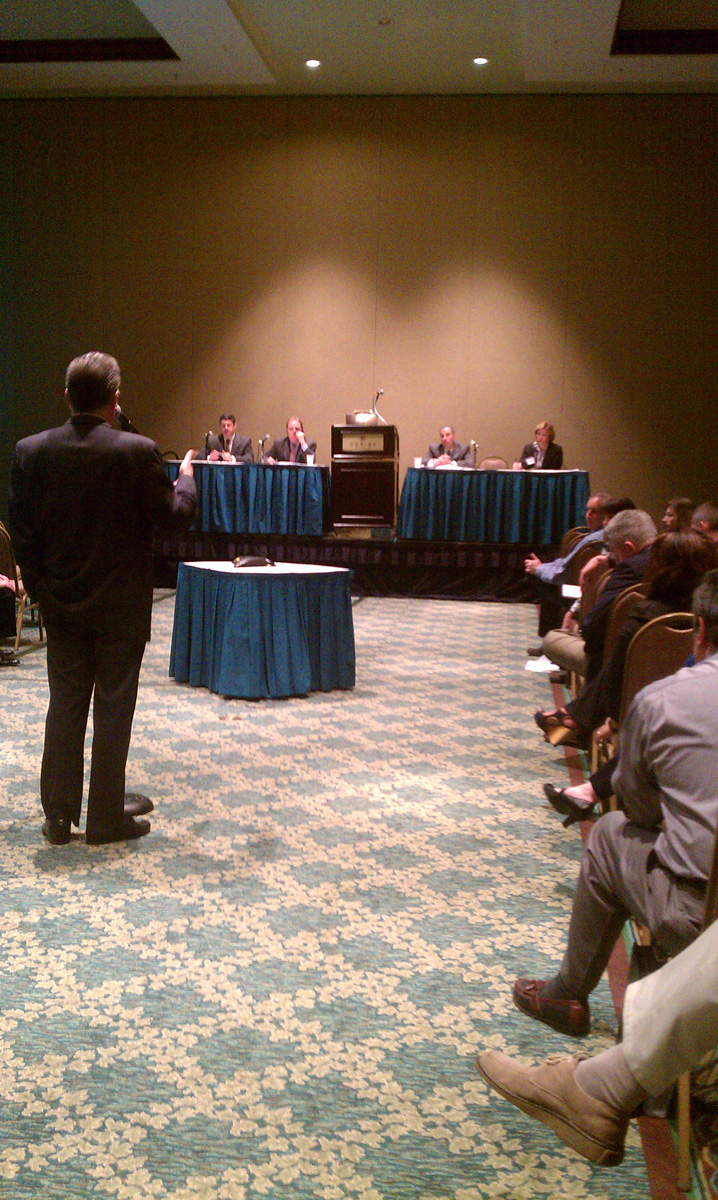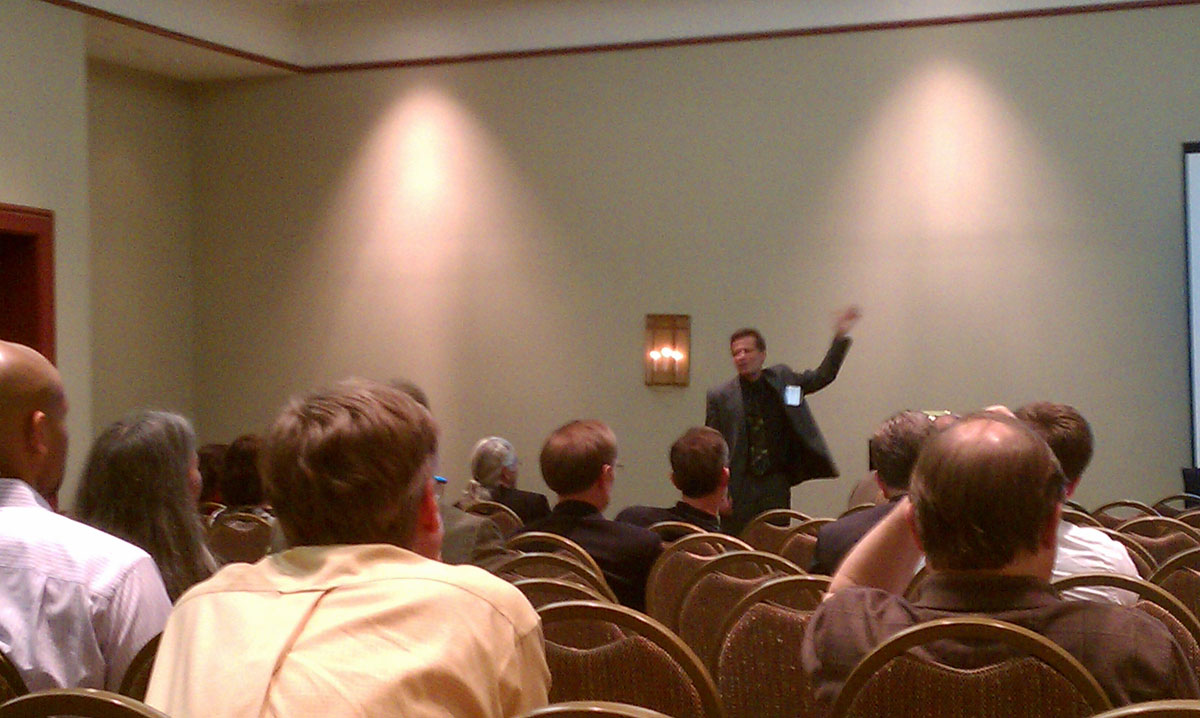Vol. 5, Issue 2
Collaborative, accessible, and efficient, wikis offer NASA a powerful knowledge solution.
“What is a wiki? Ten words or less,” an audience member asked the wiki panel. After a moment’s thought, Mark Rober, mechanical engineer and creator of the Jet Propulsion Laboratory’s Wired wiki, said, “A cloud-based tool anyone can access to read or edit.”
Started in February 2010, Wired, a Wikipedia-like site based at JPL, has had nearly 40,000 site visits and over 150,000 views since going live. Rober has championed use of the wiki and maintained the community of users through talks, articles, regular email updates, and videos. He highlighted the benefits of a system that is driven by search rather than taxonomy and hierarchy. “We all store and sort information and knowledge differently. It makes little sense to impose a hierarchy on users that isn’t compatible with how they store and search for knowledge. Search allows us to mitigate that.”
Jonathan Verville, an information-based systems engineer at Goddard Space Flight Center, joined the panel via Skype to share his work on Goddard’s Advanced Engineering and Technology Directorate (AETD) wiki and other wiki initiatives such as the Software Engineering Handbook. Verville emphasized the importance of getting leadership buy-in and taking the time to demonstrate the value of working in this collaborative way. “Our engineering directorate needed a site for hosting material and they were interested in seeing what a wiki could offer,” said Verville. The wiki is now where they post and share information and knowledge internally. “Members of the directorate are now able to access the content on their own without having to rely on a web developer to make changes. It’s the democratization of sharing knowledge online. Everyone from our senior leaders to our technicians now have the ability to share and discover information in a rich, contextual environment.”
Haley Stephenson of the Academy of Program/Project & Engineering Leadership (APPEL) emphasized the flexibility of wikis for disseminating knowledge captured through multimedia sources. She shared a story about a wiki she created to share key lessons and insights from APPEL’s Principal Investigator Team Masters forums. “Initially, I didn’t want to convert our knowledge capture efforts to a wiki structure, but Verville sat me down, demonstrated the benefits to me, and I was sold,” she said. “Within a few hours I had taken a large, cumbersome file about one forum and transformed it into something searchable, collaborative, and accessible.” The wiki enabled her to put presentations, videos, documents, links, images, and text all on one page without the hassle of creating a series of disparate web pages.
Key considerations that came up during the panel discussion included:
- Building and maintaining a wiki community of users
- User accessibility: International Traffic in Arms Regulations (ITAR), foreign nationals, and confidential business information
- Incentives to share: carrots versus sticks
- System architecture: flat and searchable versus hierarchical
- Integrity of knowledge and information: wiki “gardening”
- Technology learning curve: what skills are required to learn to use it
“There are a percentage of people who will never get it,” said Rober, explaining that wikis are not a silver bullet for effective knowledge sharing within an organization. A multifaceted, coherent approach that is readily accessible, transferrable across platforms, and inviting will be important for any successful learning organization. A wiki is one powerful tool that can meet those needs.
Read the ASK Magazine story Why Wikis at NASA? and wiki case studies from across the agency.








